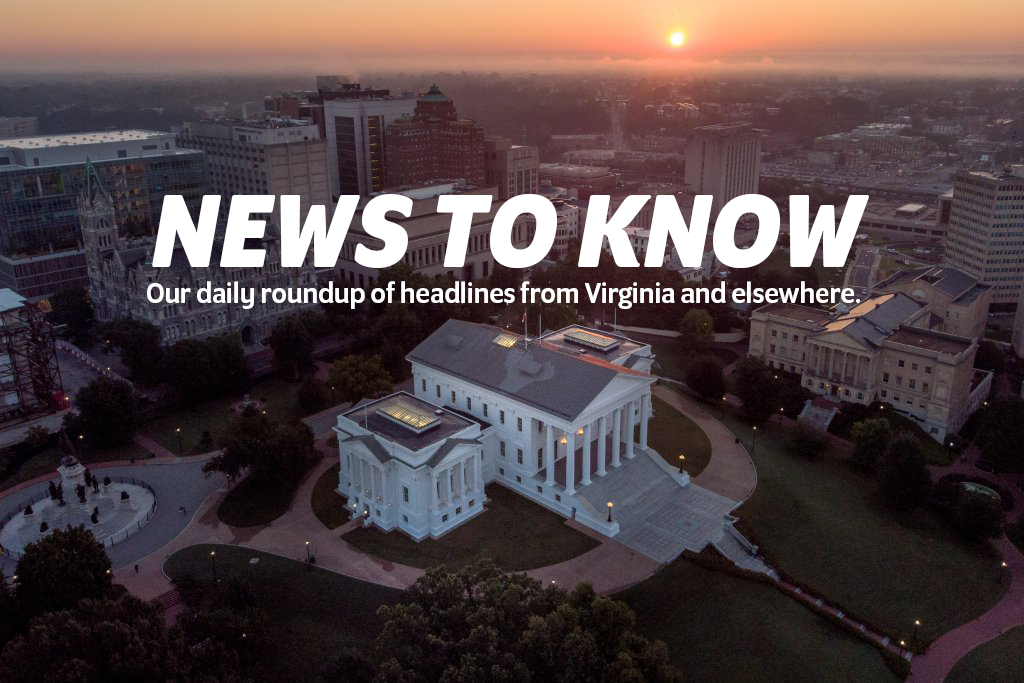In the heart of Virginia, the state Capitol stands as a symbol of governance and democratic discourse. Recent news highlights various pivotal issues affecting the region, notably in the realm of competitive elections that could significantly impact the balance of power in Congress. This electoral environment is underscored by growing enthusiasm among voters and the increasing importance of various regional races. As candidates seek to engage constituents on pressing issues, many citizens are becoming more informed and active, recognizing the influence their votes can wield in shaping state and national policy.
One of the most alarming incidents reported recently involved the removal of a Richmond voter precinct chief from their polling location due to ballot issues, raising questions around election integrity and voting process management. The situation has ignited discussions about the reliability of our electoral systems and the measures that need to be put in place to ensure that voters can express their choice without undue hindrance. This incident points to the complexities of administering elections and the ongoing challenges local election officials face as they strive to maintain transparency and trust in the democratic process.
The push for a casino in Petersburg has resonated strongly with residents, who have voiced their support for the development. The wave of approval signals a shift in attitudes toward casino gambling, seen by many as a potential economic boost for the area. Proponents argue that a casino could generate significant revenue and create jobs, while critics raise concerns about the social implications and the regulation of gambling activities. As this debate unfolds, it illustrates the broader implications of economic development initiatives and how they intersect with community values and priorities.
In addition to electoral matters and economic developments, the welfare of Virginia’s farmers has come under scrutiny due to concerning drought conditions. Reports reveal a growing anxiety among agricultural communities about the impact of climate change and unpredictable weather patterns on crop yields and livestock. Farmers are raising alarms about water scarcity and the resultant challenges to food production, illustrating the delicate balance between farming practices and environmental sustainability. As these conditions persist, the urgency for state intervention and support becomes increasingly apparent.
On a more uplifting note, stories of resilience and recovery among veterans in Richmond highlight the role of community support initiatives, such as Project Healing Waters. This program utilizes fly fishing as a therapeutic tool to aid veterans in navigating the challenges of post-service life. Through shared experiences and mentorship, participants find solace and healing in nature, fostering connections that aid in mental health recovery. This initiative reflects the broader commitment of various organizations to nurture the well-being of veterans and underscore the impact of community engagement in addressing their unique needs.
In conclusion, the intertwining narratives of political engagement, economic development, agricultural challenges, and veteran support paint a vivid picture of contemporary Virginia. The state stands at a crossroads, where active citizen participation in elections will undoubtedly shape its future. As residents advocate for gambling, confront environmental difficulties, and support veterans, they exemplify the resilience and determination characteristic of communities invested in creating a prosperous future. The ongoing dialogue around these issues emphasizes the need for continued vigilance, advocacy, and cooperation among stakeholders to ensure that Virginia thrives in the face of evolving challenges.

